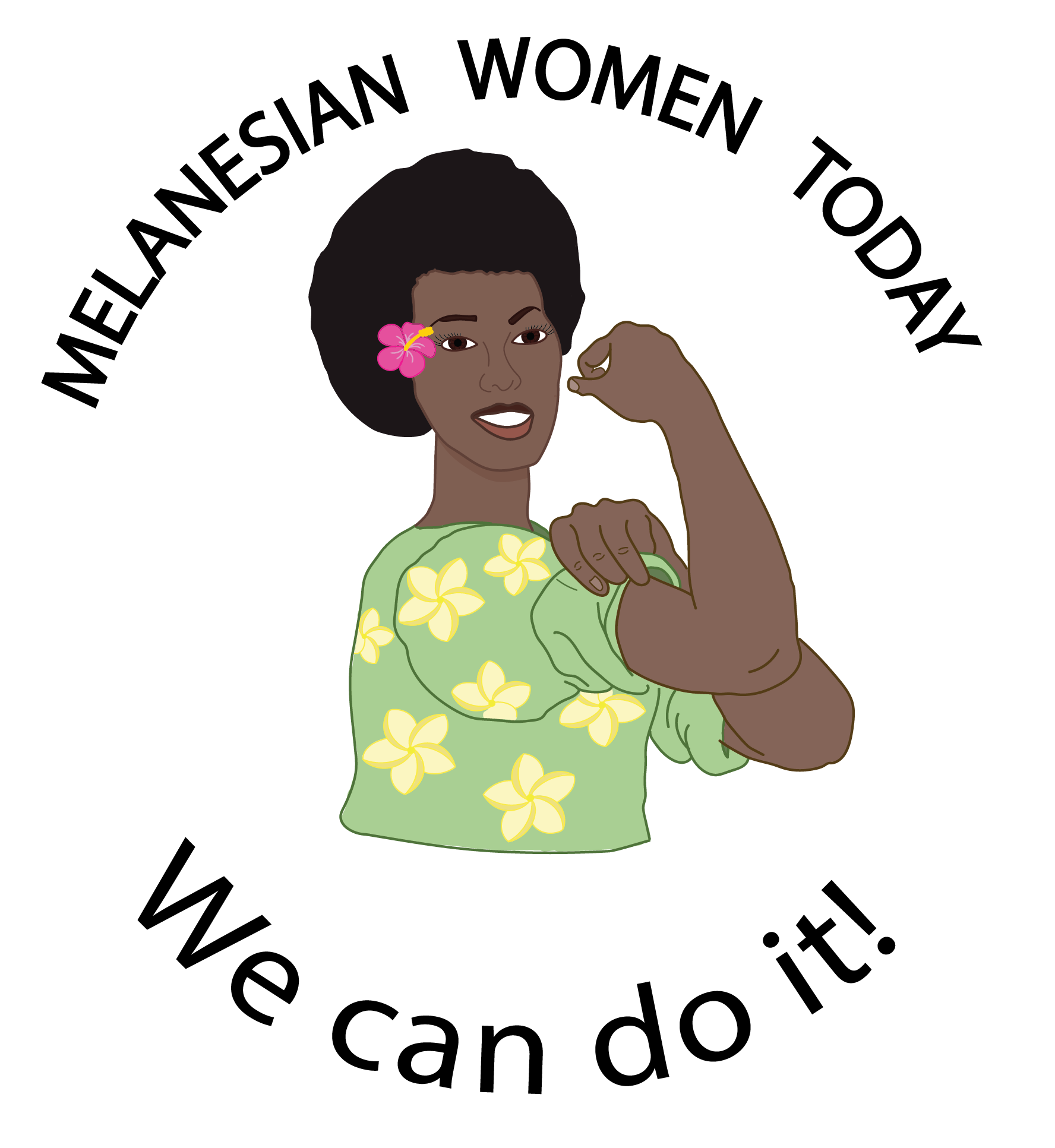Climate Change
Pacific Island nations are on the frontline of climate change and has serious consequences on the livelihood and health of the people, particularly women and children. Hurricanes are growing stronger, category 5 cyclones are becoming more common. Erosion and higher tides are a common occurrence resulting in changes in crop cycles, which means growing food is becoming difficult and freshwater security is now a fundamental concern. Being prepared and informed means chances for leading a better life are increased.
Women are often labeled as fragile and vulnerable to climate change. They are often thought of as having few personal options to deal with the consequences of climate change. This line of thinking strips women of a chance to come to their own terms in dealing with climate change. It denies them a chance to utilize their systems of knowledge and ability to put in place locally viable and sustainable solutions.
Globally, women and children are 14 times more likely than men to die during a disaster and studies have shown that there is in fact, a pattern of higher impact on Pacific women in relation to natural disasters such as tsunami (Dominey-Howes 2009, UN Women 2016). Notably, women can face higher risks and greater burdens from the impacts of climate change in positions of poverty or hardship; for instance, the traditional practice in most Pacific Island nations like Fiji and Vanuatu of women eating what is left after the men and children have eaten may contribute to a food security threat during and after a natural disaster has damaged food crops, fisheries, and markets. Therefore, climate justice demands that the most vulnerable - human beings must be meaningful participants in and primary beneficiaries of climate action.
As an indeginouse Melanesian Women-based non profit organization (NGO), we know first hand the many struggles women in Melanesia and the Pacific Islands face as a result of climate change. From a contextualized Melanesian approach, we can attest that the roles, needs, and capabilities of men and women to respond to climate change differ across different communities and cultures. Furthermore, a lot of the tasks that are climate-related in terms of planning and disaster response are gender-, age- and status-segregated. Education levels and societal roles are also two factors that determines women’s willingness to engage in any climate-related intervention especially when the recognition of their work and knowledge can vary significantly and is often at risk in the course of any non-inclusive development-project interventions.
At Melanesin Women Today, we recognize the significant role that women, as the main users of the natural resources (land and ocean), in a village or community setting especially in energy use, protecting water sources, household preparation and food provision can play in sustaintaining their communities resiliency and at the same time reduce future climate impacts. We also acknowledge and noted that women’s participation and influence on food, water, land, and energy is crucial for a sustainable Pacific. We believe that women hold valuable traditional knowledge acquired from their individual and collective knowledge and experiences adapting to environmental changes over generations.
As a way to ensure resilient and sustainable communities and villages, we have set up a safe place where women are in total control of their own programs in order to empower and enable them to practice being responsible stewardships as well as manage their resources and renew their environments. A space where they get to make decisions and take control of their destinies. MWT is dedicated to improving education around climate change, equipping women to adapt to and mitigate climate change impacts through investigating and learning indigineous approaches to dealing with problems which have been in place for generations. Priority will be given to women designing their own culturally appropriate solutions but when those solutions fall short, local knowledge can be combined with current research.
